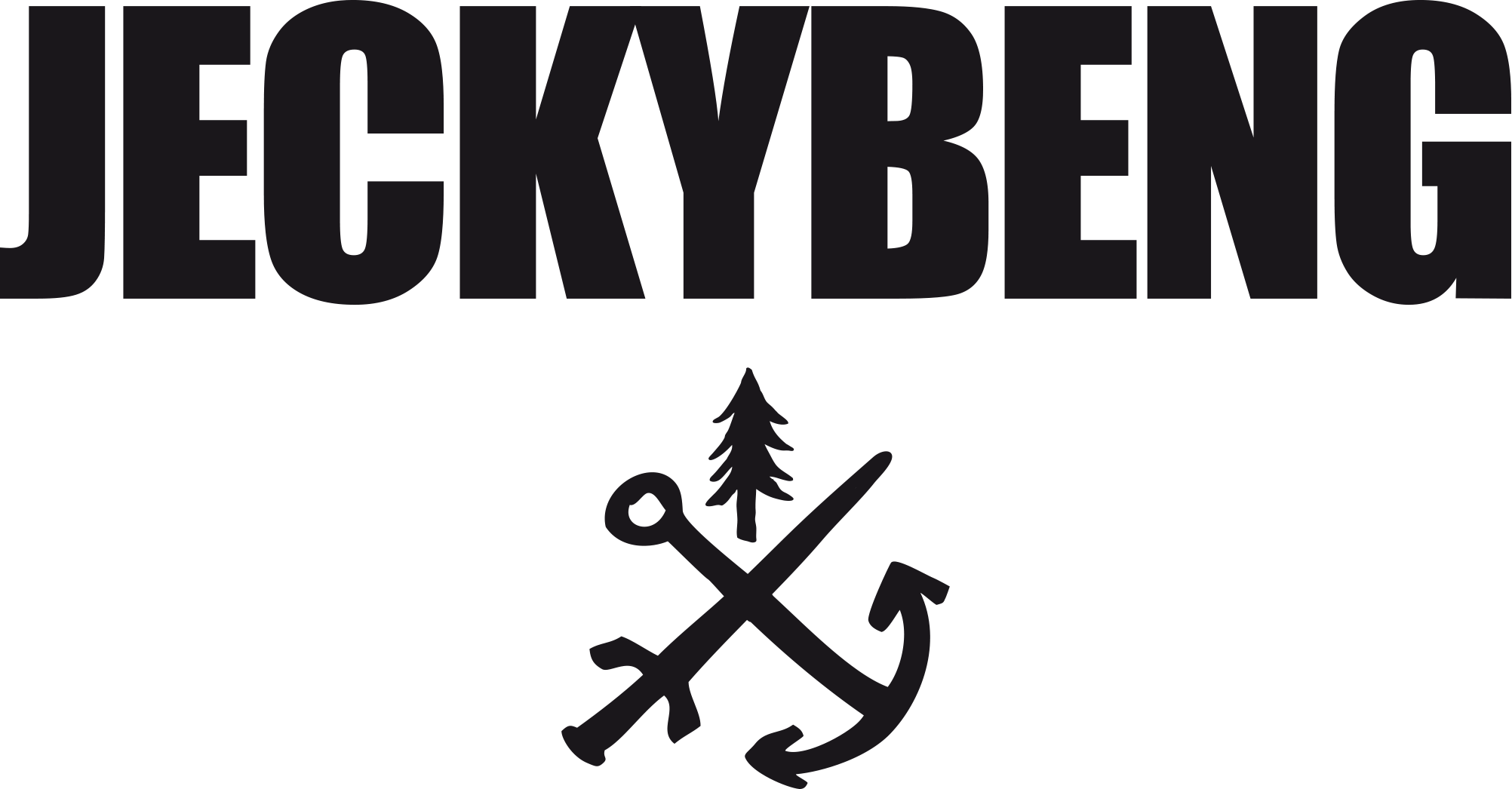Organic cotton
Our organic cotton comes from India, Africa, China or Turkey and is cultivated in a so-called crop rotation, in rotation with crops. This allows the soil to build up more organic matter and thus store water better. With this approach, the seed requires up to 80% less water than when cultivating conventional cotton.

In addition, chemical fertilizers and pesticides are prohibited in the cultivation of organic cotton. The farmers fight pests with traditional methods and thus protect the environment and their own health. As a positive consequence, the plants produce seeds that can later be used as seeds.
The cultivation and all other processes in our material value chain are fully certified by the Global Organic Textile Standard and thus meet the highest biological and social criteria that exist for the production of organic cotton materials.
At the end of 2020, our fabric partner Hermin Textile also invested in a new, highly efficient and resource-saving dyeing plant (Easy Dye Cotton). With this step, we will be able to reduce our water consumption in the dyeing process by a further 70% in 2021.
Our surface impregnation, which is already PFC-free, will be replaced in 2022 by a newly developed, 100% organic based alternative.
BIO-LOGIC® from Alexander Hanel on Vimeo .
